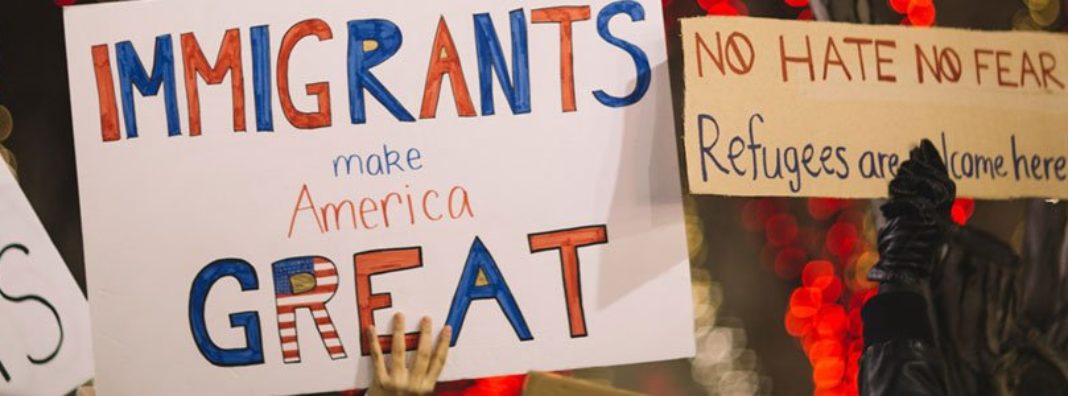It is troubling that people cannot put their differences aside to focus on a greater problem which is how our country chooses to regulate immigration. Immigration has always been a major topic of discussion. The United States has claimed to be a melting pot and a place that facilitates tolerance of different cultures/races yet, it was not until Lyndon B. Johnson’s Immigration Act of 1965 that quotas dependent on race and nationality were lifted. It favored family reunification and skilled workers to enter the country. President John F. Kennedy had thought of immigration as part of the Civil Rights Movement. Since then, the United States has begun looking way more pigmented. According to the U.S. Census 2020 American Community Survey 5-year estimates the five largest immigrant populations in the country are from Mexico, India, China, the Philippines, and El Salvador. The total number of Mexican immigrants living in the US has been on the decline for more than a decade, by roughly 1 million.
I was made aware of the general public’s dislike of immigrants by Trump’s 2016 campaign and election. To put it in perspective, I was an 11-year-old Mexican-American learning that the commander and chief of the country I love so dearly whom I pledge my alliance to every morning on the announcements would probably call me a slur. Moreover, I remember the day he was elected president and the fear and sadness that plagued the teachers and students at my school. In 2018, CBP and ICE together carried out 337,287 removals of unauthorized immigrants, a 17% increase from 2017. However, they were still lower than the Obama administration. According to the Department of Homeland Security, deportation at the border has increased by 65% since the same period in 2022, which saw 51,246.
Trump’s majority conservative Supreme Court has held up during Biden’s administration and probably will hold up for many more years. The country’s court perhaps mirrors the rise in conservatism ideals. A prime example is Florida, where Latino voters have become extensive supporters of the Republican party. One theory is that Republican campaigns in the state are extremely targeted at Latinos who have immigrated from countries with invasive governments such as Cuba, Columbia, and Venezuela. They come to America in search of freedom, so they’re likely to agree with Republicans who stand for limited government, strong family values, and rugged individualism. However, people like Governor Ron Desantis aren’t helping immigrants. The recent signing of SB 1718 made many undocumented immigrants leave the state out of fear.
With the 2024 election, Vivek Ramaswamy is a candidate for the presidency. He started a drug development company and became a billionaire. His parents probably shared the same pride as any undocumented as they watched their son achieve the American dream. However, Ramaswamy does not share any sense of duty to help other immigrants. His right to citizenship comes from the 14th amendment of naturalization. His parents were not citizens, moreover, his father has yet to become a citizen. However, he is campaigning on a platform that wears anti-immigration sentiment like a badge. Furthermore, he supports the idea of ending birthright citizenship for the kids of illegal immigrants in this country. For kids who weren’t born here or whose parents aren’t citizens, it hurts seeing other people talk about you like you’re worthless because they claim you’re a burden to the government and you’re the reason the economy is doing poorly. If one of these Republican candidates does win 2024, I wonder if their policies against immigrants will hurt the immigrants that elected them into office. Will self-hate win?













